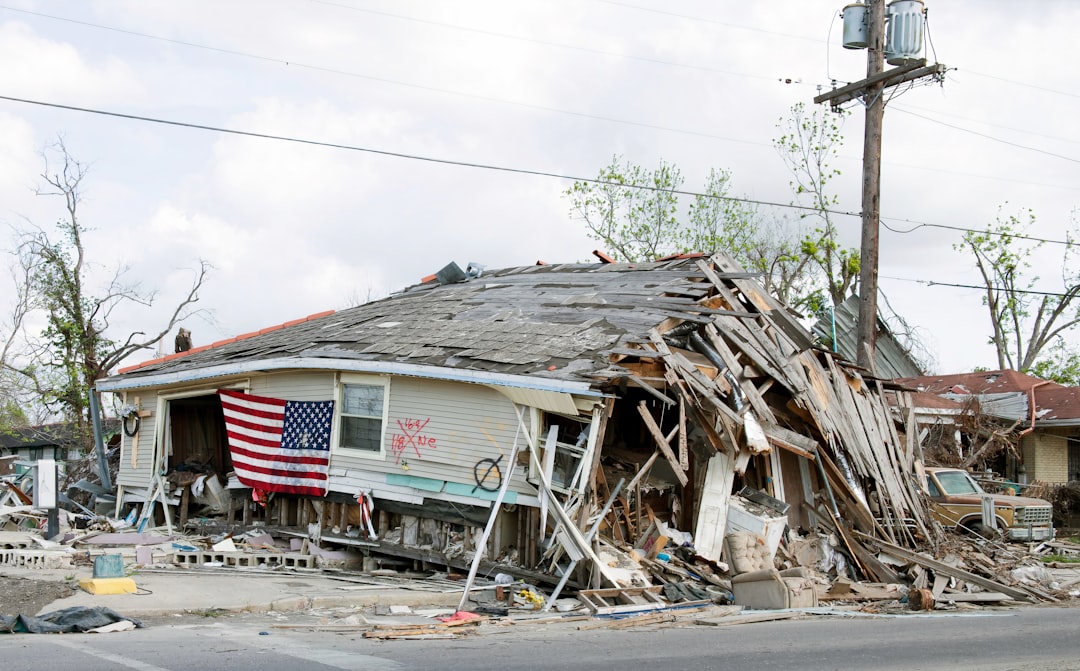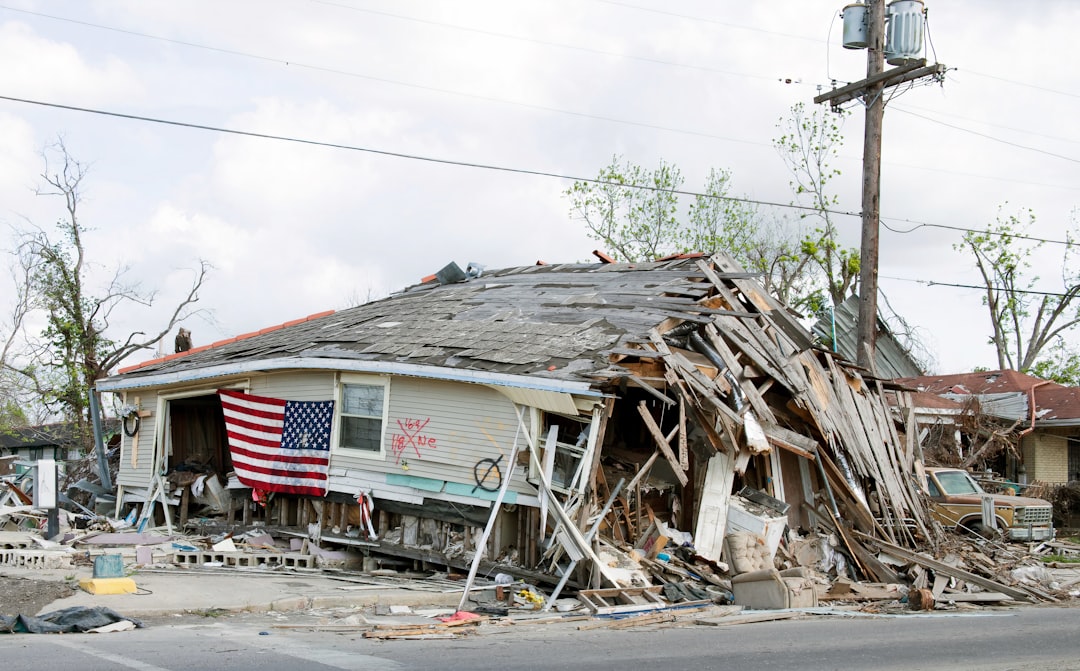In Louisiana, natural disasters like hurricanes trigger temporary legal exemptions to aid residents. These waivers cover areas like building codes, insurance claims, and housing, enabling faster recovery. Understanding these exemptions is vital for navigating post-disaster legal complexities, avoiding eviction, and securing necessary relief. However, the process can be tricky; residents should document damage, review insurance policies, file claims promptly, and consult professionals to protect their rights, steering clear of direct contact with overwhelmed lawyers or law firms.
After a hurricane, navigating financial relief options can seem daunting. Understanding exemptions is crucial for Louisiana residents facing economic hardships. This guide aims to demystify the process, focusing on how exemptions provide temporary relief during natural disasters like hurricanes. We explore various types of exemptions available specifically for Louisiana victims, the legal framework behind them, and essential steps to secure this aid. By avoiding common mistakes, you can ensure a smoother application process without needing to consult a lawyer in Louisiana or any local law firm.
What Are Exemptions and How Do They Function During Hurricanes?

During hurricanes and other natural disasters, exemptions play a crucial role in safeguarding individuals and communities from harsh legal repercussions. These exemptions are provisions within the law that offer temporary relief from certain obligations or responsibilities, ensuring people can focus on survival and recovery instead of legal formalities. In Louisiana, for instance, residents dealing with hurricane damage might find themselves exempt from specific laws or regulations, allowing them to act swiftly and efficiently in hazardous situations.
Exemptions function by temporarily suspending or modifying legal requirements, providing a safe haven for individuals and organizations to navigate the challenges posed by disasters. For example, certain building codes or insurance policies might be temporarily waived to expedite relief efforts, ensuring people have access to shelter and necessary resources without immediately facing legal penalties. Understanding these exemptions is vital for Louisiana residents, as it empowers them to make critical decisions and take appropriate actions during and after a hurricane, knowing they are protected from unintended legal consequences.
Types of Exemptions Available for Hurricane Victims in Louisiana

During natural disasters like hurricanes, various exemptions can provide much-needed relief to affected individuals and communities in Louisiana. These exemptions are designed to offer financial assistance and legal protection to those who have suffered significant losses or disruptions due to such events. For hurricane victims, there are several types of exemptions available.
One common exemption is the disaster assistance provided by federal and state agencies. This includes grants and loans from organizations like FEMA (Federal Emergency Management Agency) and the Louisiana Department of Social Services. These funds can help with immediate needs like housing, food, and medical care. Additionally, tax exemptions or delays might be offered to alleviate financial burdens. Individuals or families affected by hurricanes may also qualify for specific legal protections against eviction or foreclosure during and after the crisis, ensuring they have a place to stay.
Understanding the Legal Framework Governing Disaster Exemptions

In times of natural disasters like hurricanes, navigating the legal framework governing disaster exemptions is crucial for Louisiana residents. The state’s laws and regulations provide certain protections to homeowners and businesses affected by such events, ensuring they face fewer legal hurdles during recovery efforts. Understanding these exemptions can offer much-needed relief and assistance to folks facing the devastating impacts of storms.
Louisiana’s legal system recognizes that natural disasters bring about unique challenges and require flexible solutions. Exemptions are designed to shield individuals from strict adherence to certain rules and regulations, allowing for quicker rebuilding and restoration. These provisions cater to various aspects, including property damage, insurance claims, and temporary housing arrangements. Knowing your rights under these exemptions can be a game-changer in the midst of a hurricane’s aftermath, helping residents navigate the complexities with more ease and speed.
Steps to Take When Seeking Exemption Relief After a Hurricane

After a hurricane, navigating exemption relief can be challenging. The first step is to assess your damages and document them thoroughly, including taking photos of any affected property. Next, review your insurance policy and understand what’s covered; many policies have specific clauses for natural disasters.
Contact your insurance company promptly to file a claim, providing all necessary details and documentation. Keep records of all communications and claims submissions. If the damage exceeds policy limits or your claim is denied, it may be appropriate to consult with a lawyer specializing in disaster relief in Louisiana (do not call a law firm, attorney, or lawyer directly). They can guide you through the process, help negotiate with insurance companies, and ensure your rights are protected.
Common Mistakes to Avoid When Filing for Disaster Exemptions

When filing for disaster exemptions during natural disasters like hurricanes in Louisiana, many individuals make common mistakes that could delay or even disqualify their applications. One significant error is attempting to navigate the process alone without seeking professional guidance. Do not call a lawyer or attorney in Louisiana for help—these legal professionals are often overwhelmed with cases, and emergency exemption applications may require quick attention. Relying on general advice from online sources can also be perilous, as laws and regulations vary, and what applies in one situation might not be relevant in another.
Another common pitfall is missing critical deadlines or providing incomplete documentation. Disaster exemptions have specific time frames, and failure to act within these limits could result in a denied claim. Ensure you gather all necessary documents, such as proof of ownership, insurance policies, and current financial statements, before beginning the application process. Additionally, be mindful of common scams that target disaster victims; always verify the legitimacy of any organization or individual offering assistance to avoid falling prey to fraudulent activities.






